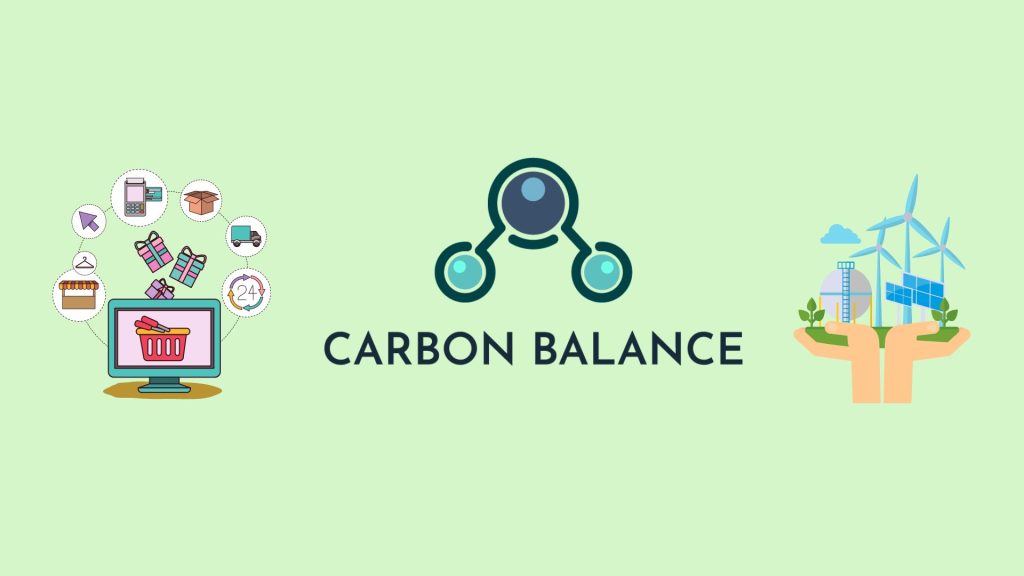In today’s world, ecommerce has become an integral part of our lives. It has revolutionised the way we shop, making it more convenient and accessible for everyone. However, as the ecommerce industry continues to grow, it’s important to consider the impact it has on the environment. The carbon footprint of ecommerce is significant, and it’s essential that online shops start taking steps to reduce their environmental impact. One way to do this is by using sustainability platforms like Carbon Balance.
Carbon Balance is a platform that helps online shops calculate the carbon footprint of their shopping cart. This is done by analysing the entire supply chain, including the production, transportation, and delivery of goods. By understanding the carbon footprint of their operations, online shops can take steps to reduce it. For example, they may choose to use more eco-friendly packaging, or they may choose to work with suppliers who have a lower carbon footprint.
Once the carbon footprint has been calculated, Carbon Balance offers offsets by high-quality projects that help to remove or reduce carbon emissions. These projects can include things like renewable energy projects, reforestation, and carbon capture. By offsetting their carbon footprint, online shops can ensure that they are not contributing to climate change.
Carbon Balance also provides carbon reports and dashboards, which help online shops understand their environmental impact. These reports can be used to track progress and identify areas where improvements can be made. For example, if an online shop sees that its carbon footprint is high due to transportation, it may choose to work with suppliers that are closer to its customers.
Another important feature of Carbon Balance is that it gives online shops the option to choose who is going to pay for the offset. This allows merchants to decide whether they want to absorb the cost of offsetting their carbon footprint or if they want to pass it on to their customers. This is an important consideration, as it can impact the overall cost of goods.
Finally, Carbon Balance offers A/B testing, which allows online shops to test different options and see which one is the most effective. For example, they may want to test different offset projects and see which one has the biggest impact on their carbon footprint. By testing different options, online shops can ensure that they are making the most effective choices to reduce their environmental impact.
In conclusion, ecommerce is an important part of our lives, but it’s important to consider the impact it has on the environment. Sustainability platforms like Carbon Balance are an excellent way for online shops to reduce their carbon footprint and offset it with high-quality projects. Carbon Balance offers a range of features, including the ability to calculate the shopping cart carbon footprint, offer offsets, provide Carbon Reports and Dashboards, and offer options for merchants to choose who is going to pay for the offset and test different options. By using these tools, online shops can ensure that they are doing their part to protect the environment.
This post was generated by ChatGPT and doesn't necessarily represent Carbon Balance's viewpoint or recommendations, you need to do your own due diligence and fact check.



